-
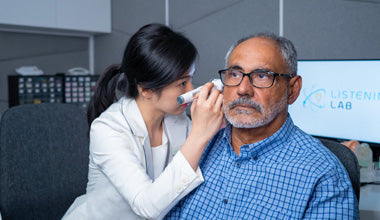 Professional Hearing Test/ Audiometric Test in Malaysia
Professional Hearing Test/ Audiometric Test in MalaysiaNeed a hearing test in Malaysia? Schedule an audiometric test with The Listening Lab today. Accurate results, expert care, convenient locations.
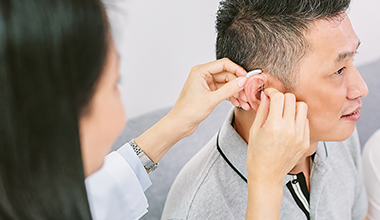 Hearing Aid Fitting Service in Malaysia
Hearing Aid Fitting Service in MalaysiaProperly fitting a hearing aid requires expertise, knowledge and patience.
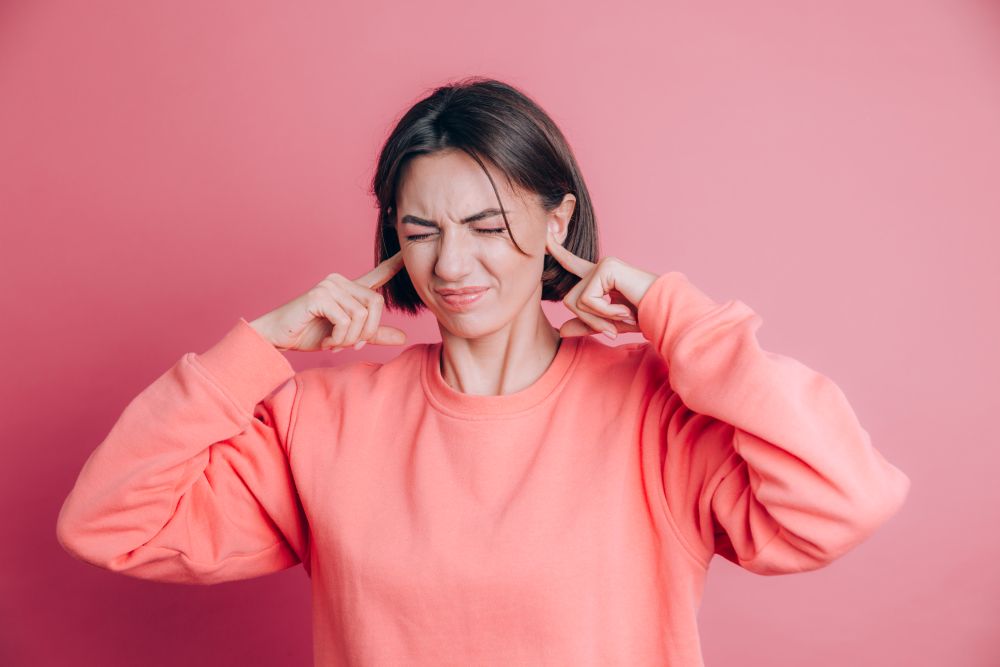 Tinnitus Treatment in Malaysia
Tinnitus Treatment in MalaysiaSeeking tinnitus relief? Discover causes, symptoms, and treatments for ear ringing at Listening Lab. Consult our specialist in Malaysia today.
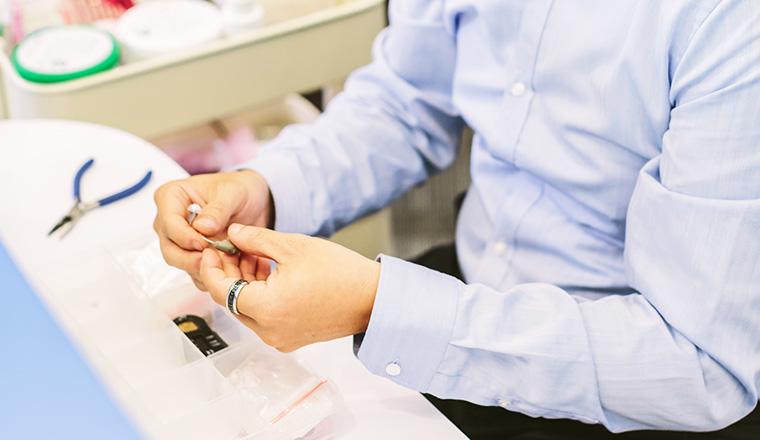 Hearing Aid Maintenance & Cleaning
Hearing Aid Maintenance & CleaningListening Lab’s hearing aid care and maintenance service. Have your hearing aids professionally cleaned and tested for optimal listening experience.
 Home Visit
Home VisitCustomers with mobility issues can choose our home visit services, which we provide in both Singapore and Malaysia.
 Remote Hearing Care
Remote Hearing CareYou are now able to have your hearing aids programed and adjusted from anywhere in the world without even leaving your home and visiting us!
 Lifetime Aftercare Program
Lifetime Aftercare ProgramYou will be automatically enrolled into our exclusive Lifetime Aftercare Program when you completed a hearing aid fitting with us.
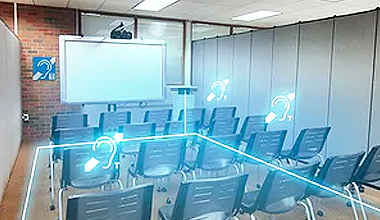 Hearing Enhancement System
Hearing Enhancement SystemIf you are a construction industry professional and wish to understand more about how Hearing Enhancement Systems can be installed in your premises, contact us now for a 1 to 1 session with our consultant.
 Central Auditory Processing Disorder
Central Auditory Processing DisorderAuditory processing is the ability of the ears to communicate with the brain. Basically, what the brain does to what your ears hear. Central Auditory Processing Disorder (CAPD) is an umbrella term for different disorders that affect how the brain processes auditory information. CAPD is often referred to as the hearing problem wherein the brain can’t hear.
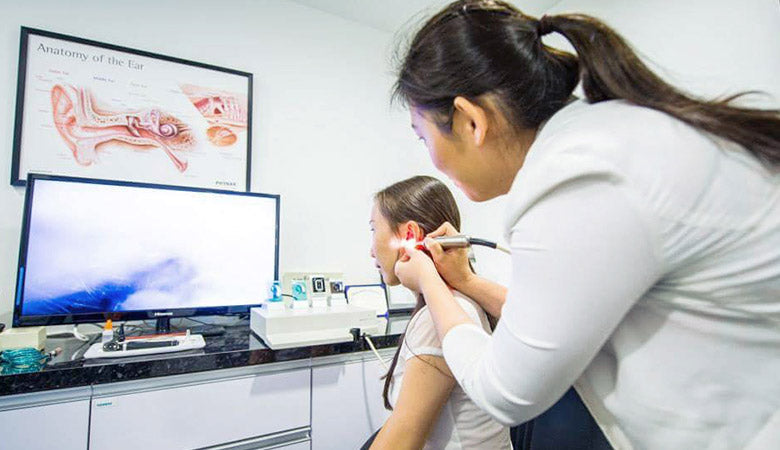 Professional Earwax Removal Service by Ear Cleaning Doctor
Professional Earwax Removal Service by Ear Cleaning DoctorGet expert earwax removal and professional ear cleaning in Malaysia. Our certified audiologists offer safe ear cleaning services for clearer hearing.
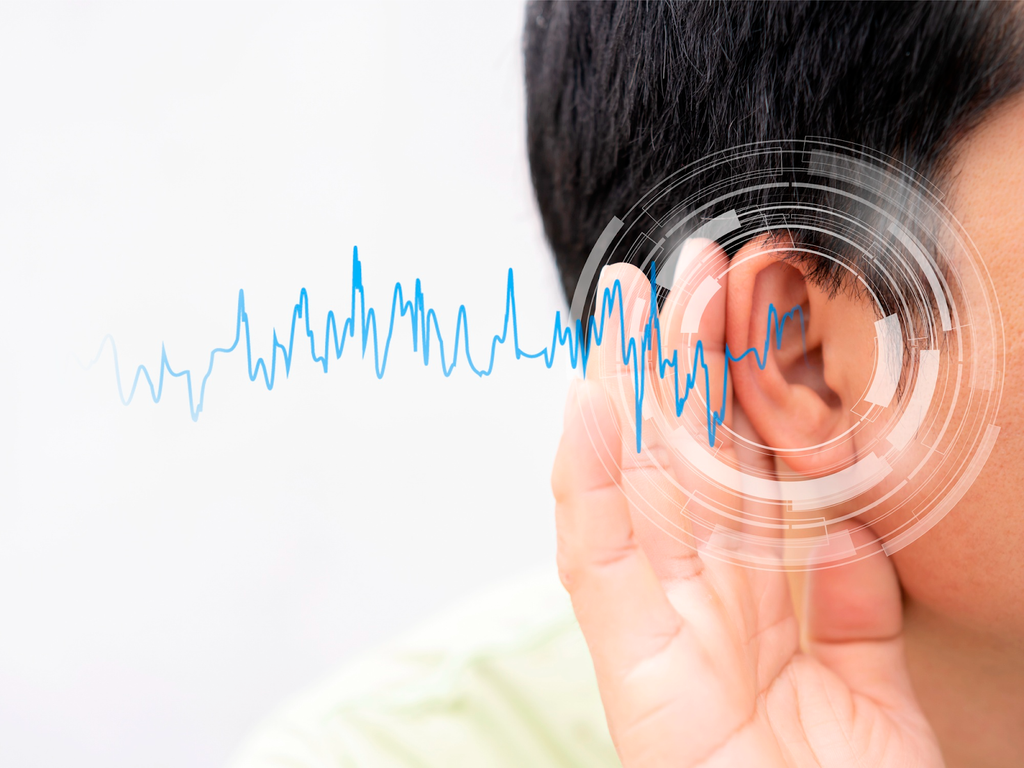 Aural Rehabilitation
Aural RehabilitationImprove hearing & communication with aural rehabilitation. Explore listening & auditory training exercises for all ages, including adults & children.
 Speech In Noise Tests
Speech In Noise TestsSpeech testing measures the ability of a person to hear, understand and repeat words.
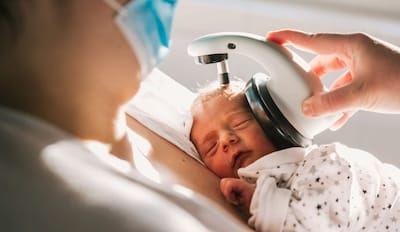 Infant Hearing Screening Test
Infant Hearing Screening TestEarly detection through infant hearing screening test and intervention in your child's auditory development has profound importance. As parents, we all want the best for our little ones, and ensuring their ability to hear and communicate is a fundamental cornerstone in their early journey.
 Conditioned Play Audiometry
Conditioned Play AudiometryCheck your little one's hearing with Conditioned Play Audiometry (CPA), a hearing test designed for toddlers and preschoolers age 2-5 years old. Learn more...
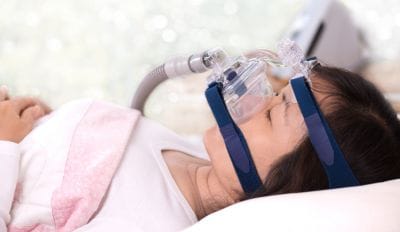 Sleep Apnea: Signs, Risks, and Treatment Solutions
Sleep Apnea: Signs, Risks, and Treatment SolutionsSleep apnea can be life-threatening if left untreated. Discover the various causes, types, and symptoms and how a timely diagnosis can help you help you.
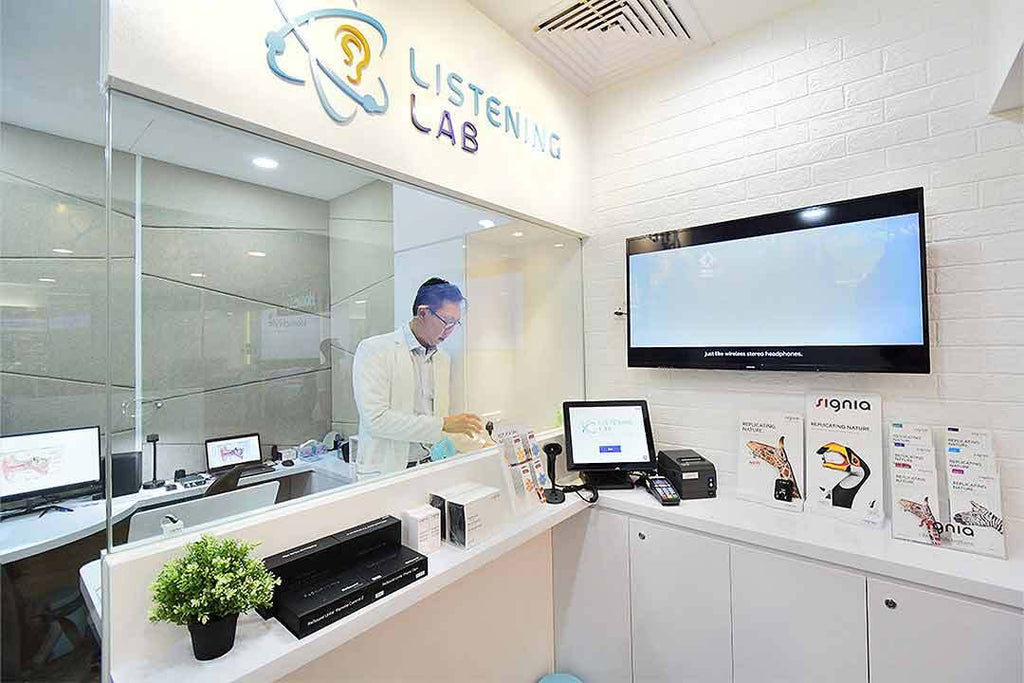 Medical Tourism (Wisata Medis)
Medical Tourism (Wisata Medis)Our clients from Java and Sumatra love our hearing care services and the quality of our state-of-the-art hearing aids!


















